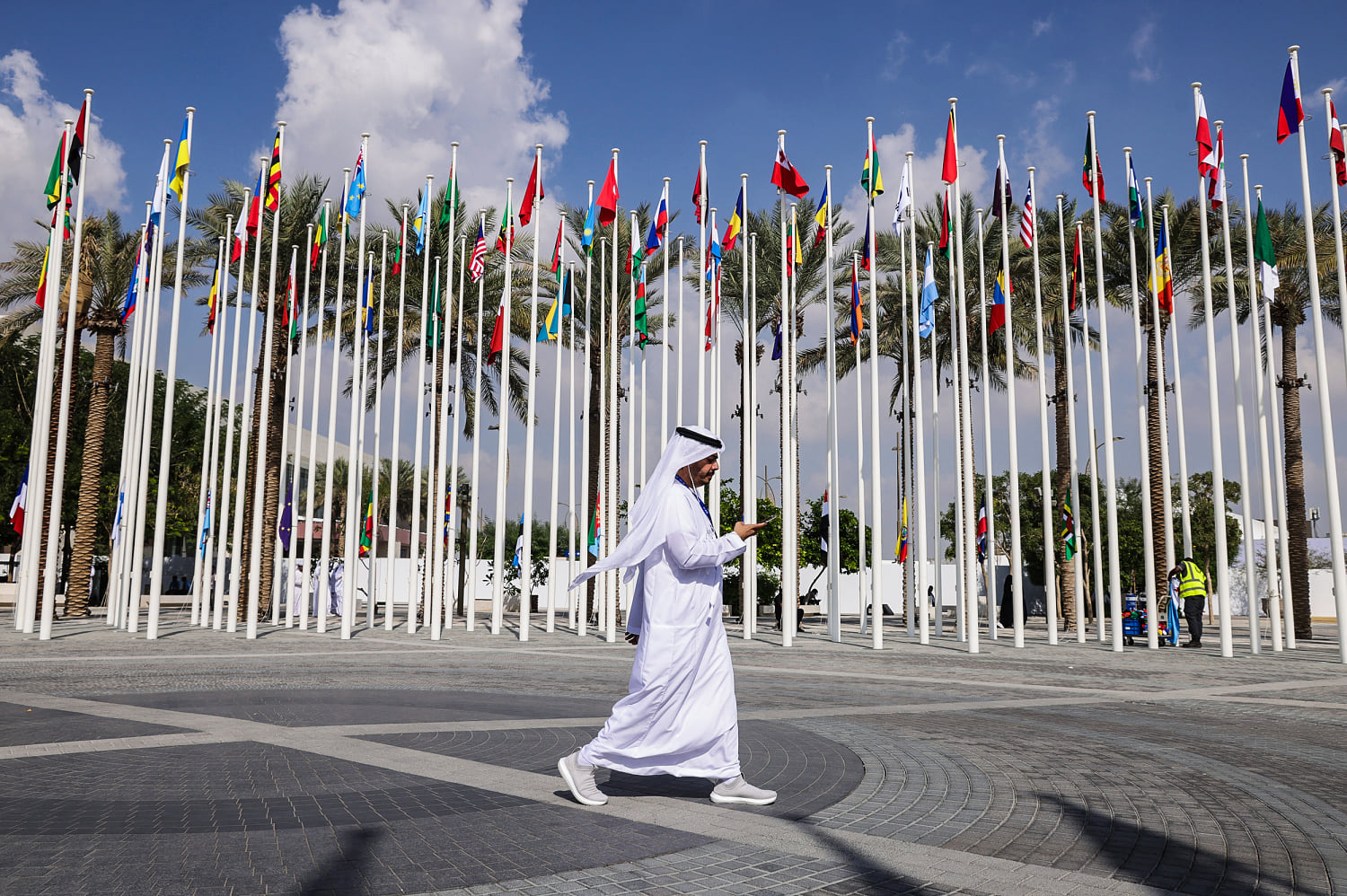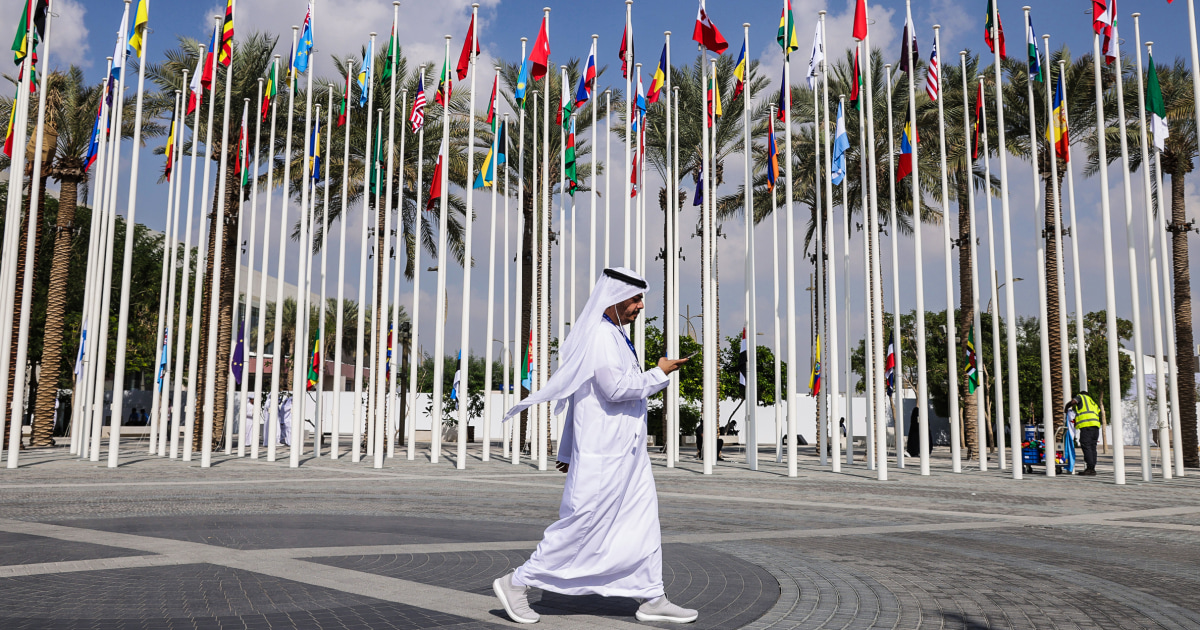
Delegates from the almost 200 nations attending the global COP28 climate summit in Dubai reached a breakthrough agreement on Thursday that establishes a fund for loss and damage in developing countries impacted by climate change.
The fund will funnel voluntary contributions from developed countries to low- and middle-income nations struggling to cope with billions of dollars in damages from climate-exacerbated drought, extreme weather and sea-level rise.
António Guterres, the United Nations secretary general, applauded the agreement and called on leaders to make generous contributions to help establish the fund.
Following the announcement of the fund at the COP28 opening ceremony, the United Arab Emirates pledged $100 million and the European Union promised $225 million. The U.S. pledged $17.5 million, according to the Loss and Damage Collaboration, an advocacy group tracking pledges — a drop in the bucket according to some loss and damage advocates.
“The initial monetary pledges announced today are a small but inadequate start,” said Rachel Cleetus, the policy director for the Climate and Energy Program at the Union of Concerned Scientists in a news release. “Wealthy nations, including the United States, must live up to their responsibility to provide significant contributions to the fund in the years ahead.”
The decision to adopt rules for the fund comes after several months of hedging from developing nations over which countries would qualify for donations, with the European Union initially arguing that only low-lying island nations such as Tuvalu or the Marshall Islands should receive funds.
That qualification would have excluded extremely vulnerable non-island nations, such as Pakistan, which has seen extensive flooding, and many nations in Africa struggling with extreme drought, said Julie-Anne Richards, a strategy lead at the Loss and Damage Collaboration.
It remains to be seen which nations will contribute to the fund. The U.S. and other countries have argued that China and India, the world’s first and third biggest carbon emitters, should also be expected to pledge funds, though both nations qualify as developing countries.
Whether the $17.5 million pledged by the U.S. makes it to the fund depends on the political climate and the upcoming elections, said Michael Gerrard, the founder of the Sabin Center for Climate Law at Columbia University.
“These diplomatic agreements are not enforceable,” Gerrard said. “Congress has to write the checks, and we’re not sure what Congress is going to agree to.”

